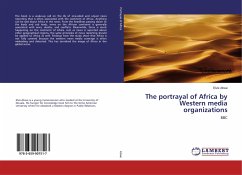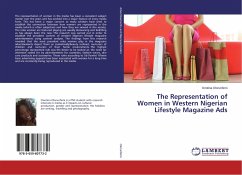Since the bombing of the World Trade Center in New York in 2001, the issue of veiling, Muslim womanhood, Islam and its compatibility with Western values and ways of life were among the most debated topics in the 21st century. However, the veil or the Muslim woman's visibility in the public spheres was a blow in the West immediately after the event of 9/11; the incident which gave the impetus to a new discourse on Muslims, which was described as a 'New American Orientalism'. Arguably, this discourse has much in common with the past colonial paradigms-such as 'The White Man's Burden'-which were mostly built on some preposterous vilifications of an entire group of people as an attempt to legitimize and appropriate certain actions. Consequently, this has led to the construction of certain beliefs such as the veil as the reason behind Muslim women's oppression, exclusion and lack of visibility in comparison with their male counterparts. As a result, The Veil Beyond Western Prevailing Discourses tries to scrutinize the portrayal of the veil in Western media-films, documentaries, and newspapers-with an attempt to give an alternative to Western prevailing discourses on the veil.
Bitte wählen Sie Ihr Anliegen aus.
Rechnungen
Retourenschein anfordern
Bestellstatus
Storno








